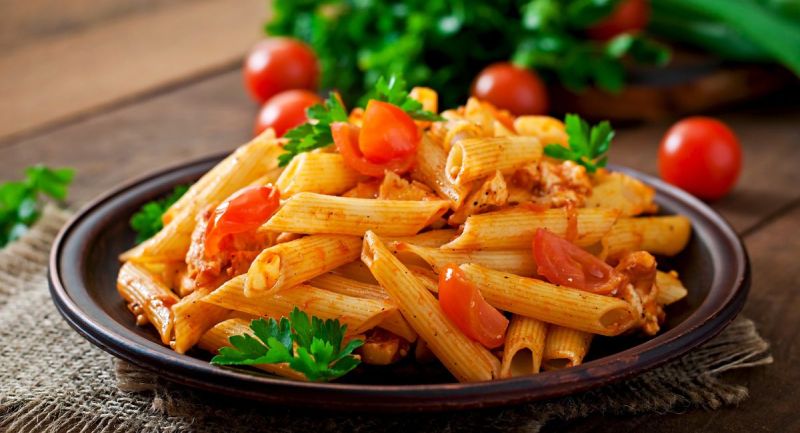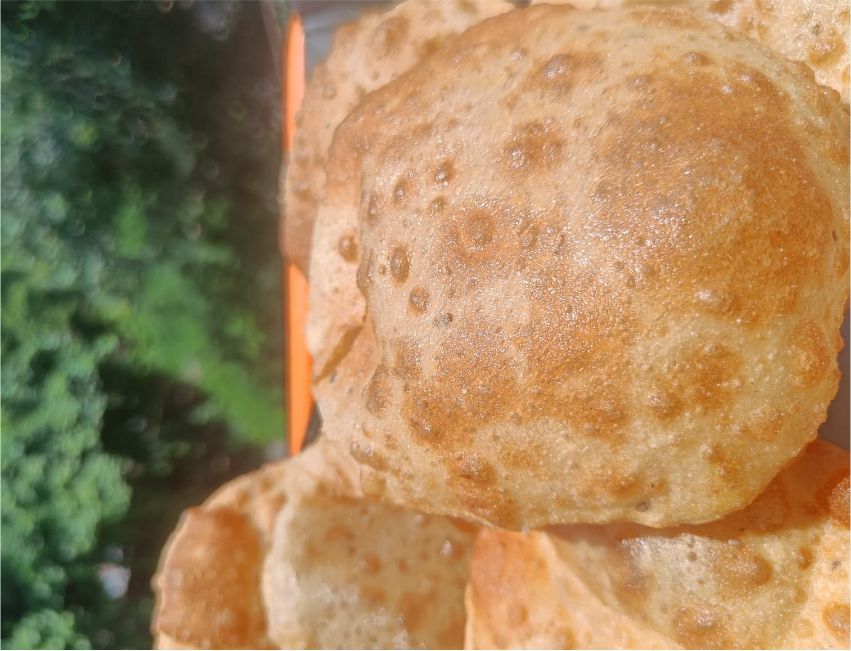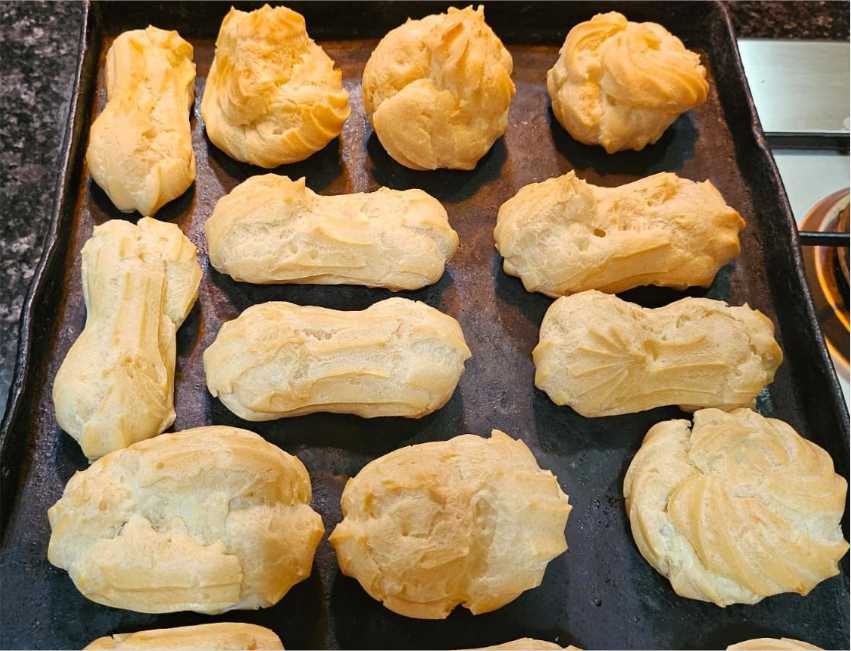Fresh and light new age Iftar revolution

- Newsband
- 28 Mar, 2025
Greasy haleem, oil dunked nalli nihari and butter-laced kebabs are passe. Health-conscious believers are now opting for nutritious, less-oily Iftar meals, incorporating more fresh greens, natural foods, and fruits instead of the heavy, greasy dishes that often lead to fatigue.
During Ramadan, Muslims across the globe observe a strict routine, fasting from dawn to dusk, refraining from both food and water. Traditionally, the fast is broken with dates and water, a practice deeply rooted in custom.
Keeping this in mind, modern homemakers are paying extra attention to their Iftar preparations, using minimal oil and ghee while enhancing flavours with homemade spices. While Iftar has long been a food-centric occasion, younger generations are increasingly moving away from deep-fried and overly spicy dishes.
Muskan Shaikh, a computer engineering student from Ulwe, sharing her perspective said, “After a full day of fasting, it’s hard to resist flavourful dishes. However, we now avoid fried foods and opt for fresh seasonal fruits along with lighter, less spicy non-vegetarian options like baked sandwiches with boiled meat stuffing.”
Her mother, Yasmin, also prefers a healthier approach, crafting Iftar meals with homemade spice blends and minimal oil.
She prepares delights such as less-oil spring rolls, chicken samosas, minced meat sandwiches, and boiled pasta with green vegetables. Her signature dishes—ghee-free biryani paired with mutton or chicken rezala—are both wholesome and flavourful. “Most importantly, we avoid outside food to ensure we stay fit throughout the month,” she emphasized.
For suhoor or sehri—the pre-dawn meal—health-conscious individuals are also prioritising balanced nutrition. Yasmin recommends simple meals like roti or rice with vegetables and fresh fruits to support proper digestion.
Working professionals are also adapting to this trend, seeking meals that are both nutritious and easy to prepare. A college principal noted, “The old concept of indulging in greasy food during Ramadan is fading. Today, many in the Muslim community prefer fresh greens, baked dishes, and low-calorie, low-sugar meals for Iftar.” She added that her family’s diet includes a mix of fresh fruits, light sweets, and wholesome main courses rich in pulses and cereals.
She personally enjoys preparing non-oily macaroni with lean meats, sprout-based dishes, and vegetable-filled bhajias to maintain a balance between taste and health.
According to nutritionists, fasting serves as a natural detox for the body, cleansing the digestive system. “One should focus on fresh juices and low-calorie Iftar meals to replenish energy without straining digestion,” advised a nutrition expert.




